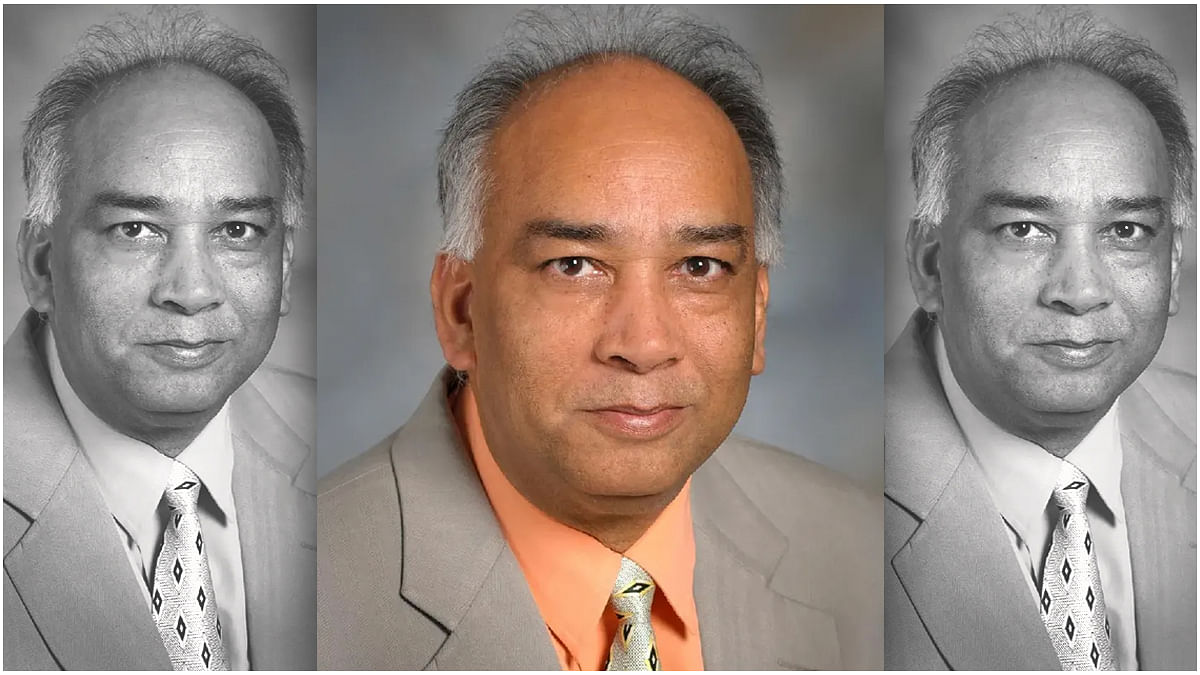Bengaluru: A PhD scholar from Northwestern University has called out Indian-American biochemist Bharat B. Aggarwal for alleged fraud in his research on curcumin, a non-toxic compound found in turmeric.
Aggarwal’s body of research focuses on the cancer-fighting ability of spices, and he authored over 120 articles about the compound between 1989 and 2020, while he was working at MD Anderson Cancer Center, a leading Texas-based oncology facility involved in both research and treatment.
In his blog dated 30 January, PhD scholar Reese Richardson detailed how at least 30 of Aggarwal’s papers were retracted due to alleged academic fraud, including image manipulation and animal cruelty.
“Retractions rarely number this high for a single author; according to the Retraction Watch leaderboard, only 26 other people have authored this many retracted studies,” Richardson wrote in the blog that seeks to analyse the “consequences of large-scale research fraud”.
“Aggarwal’s retracted articles feature dozens of instances of spliced Western blots and duplicated images, as well as several instances where mice were implanted with tumors exceeding volumes considered ethical. PubPeer commenters have noted irregularities in many publications beyond the 30 that have already been retracted,” he says.
The Retraction Watch Leaderboard, which lists authors with the highest retraction of papers, has two Indians in the top 30 — with 30 being the number for Aggarwal.
Aggarwal has defended himself against the allegations, saying through his legal representatives in 2013 that he stands by his research, while admitting that he could have made some “mistakes”.
Also Read: How to choose research topic, avoid plagiarism — new UGC document details good practices
Under scrutiny
Aggarwal’s studies were supported by the MD Anderson Center.
He was put under investigation in 2013, after the US Department of Health’s Office of Research Integrity notified the institute of whistleblower findings and evidence of alleged image manipulation in 65 papers. The papers dealt with cancer-fighting ability of plant molecules.
Richardson said in his blog that it is this investigation that “eventually led to 30 of Aggarwal’s articles being retracted”.
In 2013, Aggarwal threatened to sue the academic watchdog Retraction Watch, but did not pursue it.
Aggarwal’s retracted papers have been cited hundreds of times.
In 2016, after the investigation by MD Anderson Center was concluded, it was announced that Aggarwal had retired from the center in 2015.
Following this, several journals like Biochemical Pharmacology and Molecular Pharmacology retracted multiple papers by Aggarwal citing questionable data integrity, and image manipulation.
Within two years, more than seven research journals had retracted papers authored by Aggarwal.
Scientific and academic fraud is not new in or to India. In the heavily laborious and intensely competitive field of academic publishing, paper mills — businesses that publish poor research — plagiarism, and falsification are rampant.
In 2019, Annamalai University vice-chancellor V. Murugesan, among others at the institute, were accused of questionable research papers. ThePrint had attempted to get a comment from Murugesan at the time but received no response.
Previously, Gopal Kundu of the National Center for Cell Science, Pune, was accused of misrepresentation of data, although he denied the allegations.
Perhaps the most high-profile case was that of a former vice-chancellor of Kumaun University, B.S. Rajput, who was accused of plagiarism by a number of theoretical physicists two decades ago. Some Nobel laureates had written to the then President APJ Abdul Kalam to launch an investigation. Rajput was subsequently found guilty in 2003 and resigned.
Scientific data on curcumin
As Richardson also noted, there have so far been no well-designed studies that point to any therapeutic benefit or disease-fighting ability of the molecule.
While it is considered safe for consumption, research has suggested a potential link between excessive consumption of turmeric or curcumin with liver toxicity, in a matter of weeks, among people with a specific genetic mutation. There have reportedly also been cases of hepatitis linked to turmeric consumption, and countries such as Italy have warned against turmeric supplements.
The number of research articles on curcumin continues to grow every year.
Many papers come from India and China, and a lot of them show evidence of being produced in paper mills, said Richardson. Some of Aggarwal’s papers used superlative adjectives to describe the properties of turmeric, such as calling curcumin the “Indian solid gold”, just as ayurveda was beginning to gather major stream in mainstream Indian discourse in 2007.
After Aggarwal’s ‘solid gold’ paper, funding for curcumin research shot up drastically, Richardson noted. By 2020, just the US’s National Institutes of Health had spent more than $150 million funding studies and projects on curcumin.
Despite the retractions of Aggarwal’s papers, Richardson said, American research articles continue to cite them.
This boom in curcumin research, he added, has led to a surge in the sale of supplements. In 2021, the global curcumin market was valued at $65.36 million, and it is only expected to grow.
“It seems unlikely that this explosion in funding and research would have materialised if Aggarwal had not engaged in large-scale research fraud,” wrote Richardson.
(Edited by Sunanda Ranjan)
Also Read: Plagiarism, data manipulation hurting India’s research, govt panel raises alarm

